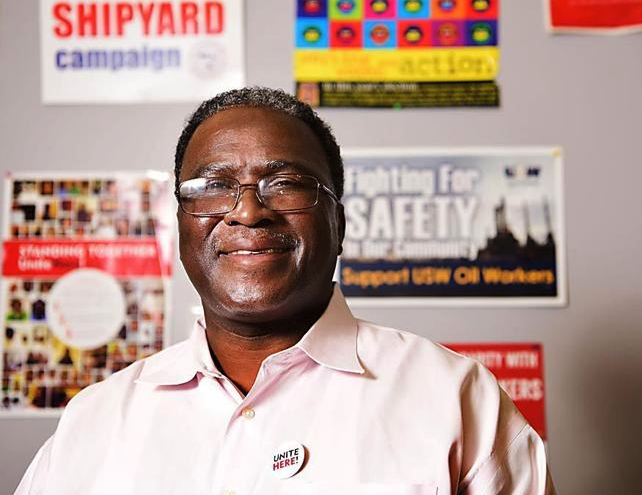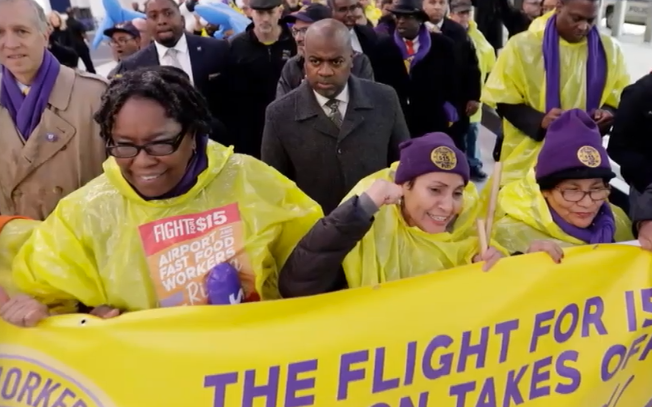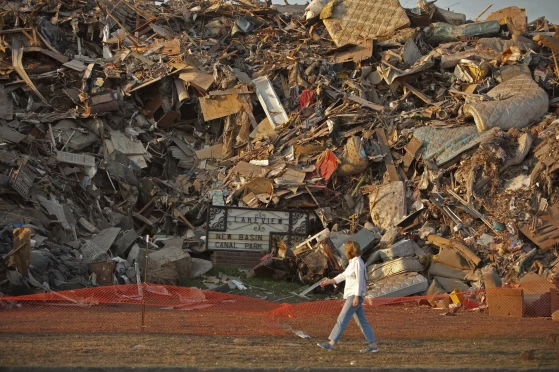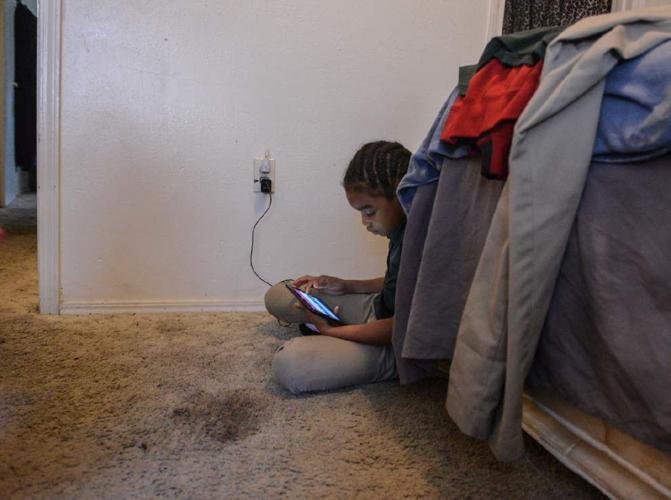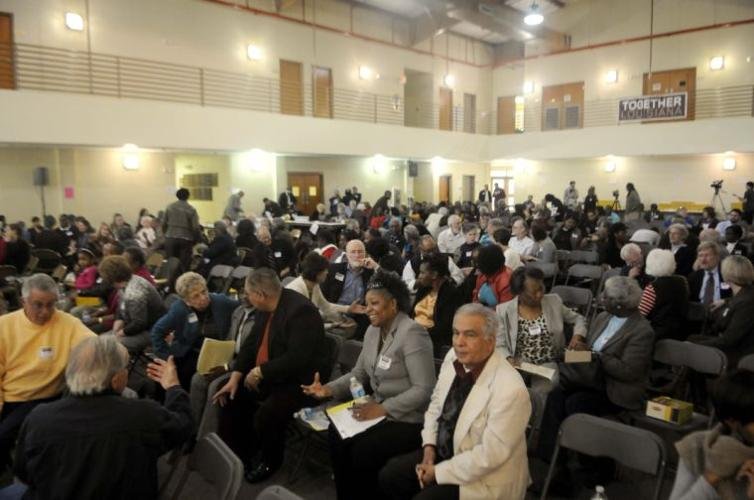WJP In The News
Erika Zucker, WJP’s Director of Policy & Advocacy spoke with the Valley Labor Report about work and worker organizing in the South.
“State Rep. Valarie Hodges has introduced a bill targeting immigrants that could make it more difficult for Louisianans to claim dependents on their annual tax returns, particularly those of lower-income with children studying abroad.”
“Drawing on 2014 U.S. Census data, a recent report from Loyola University’s Workplace Justice Project noted 34 percent of Orleans Parish’s primary jobs that paid less than $1,250 a month were in “accommodation and food services.”
“In New Orleans, protesters stormed down Carrollton Avenue at dawn and right into a McDonald’s restaurant as they continue to demand change when it comes to minimum wages in the city, state and nation.”
“Louisiana ranks 51st — dead last among all states and the District of Columbia — in an index of nine “social justice indicators” that measure poverty, racial disparity and immigrant exclusion, according to experts from the Jesuit Social Justice Research Institute at Loyola University New Orleans.”
“Shorting workers also contributes to the state’s budget crisis, Zucker said, by keeping various taxes out of the coffers. Louisiana faces a $70 million budget gap for the fiscal year that ends in June, and a $750 million gap next year. If companies were forced to pay their employees and to report it accurately, “We could fill a little bit of that hole,” she said.”
“Latino workers, some of whom are undocumented, went to New Orleans in the days and weeks following the disaster to help with reconstruction efforts and debris and mold removal.”
“We called him when we were done with the house, but he didn’t answer,” Alvarado said, adding that they later learned the contractor had left to Texas and had no intention of paying them. “He ended up owing us a total of $12,000 for the work that we did for about a month.”
“Erika Zucker, policy advocate with the Workplace Justice Project, said, “The Living Wage Ordinance is a good first step for the workers of New Orleans.”
“Estimates of the wages pilfered from construction workers after Hurricane Katrina run to the tens of millions of dollars.”
“Twenty-nine states and the District of Columbia have set their own minimum wages above the federal $7.25 minimum wage. Louisiana is one of five states that does not have its own minimum wage law.”
“Many struggling workers want a simple benefit: actual pay for the work they do, said Erika Zucker, of the Loyola University-based Workplace Justice Project, which helped to present a symposium about low-wage work last weekend.”
“The six civic academy sessions addressed mass incarceration in Louisiana, state budget and tax giveaways, health care and Medicaid expansion, work wages and economic inequality, and wetlands and environmental care.”



